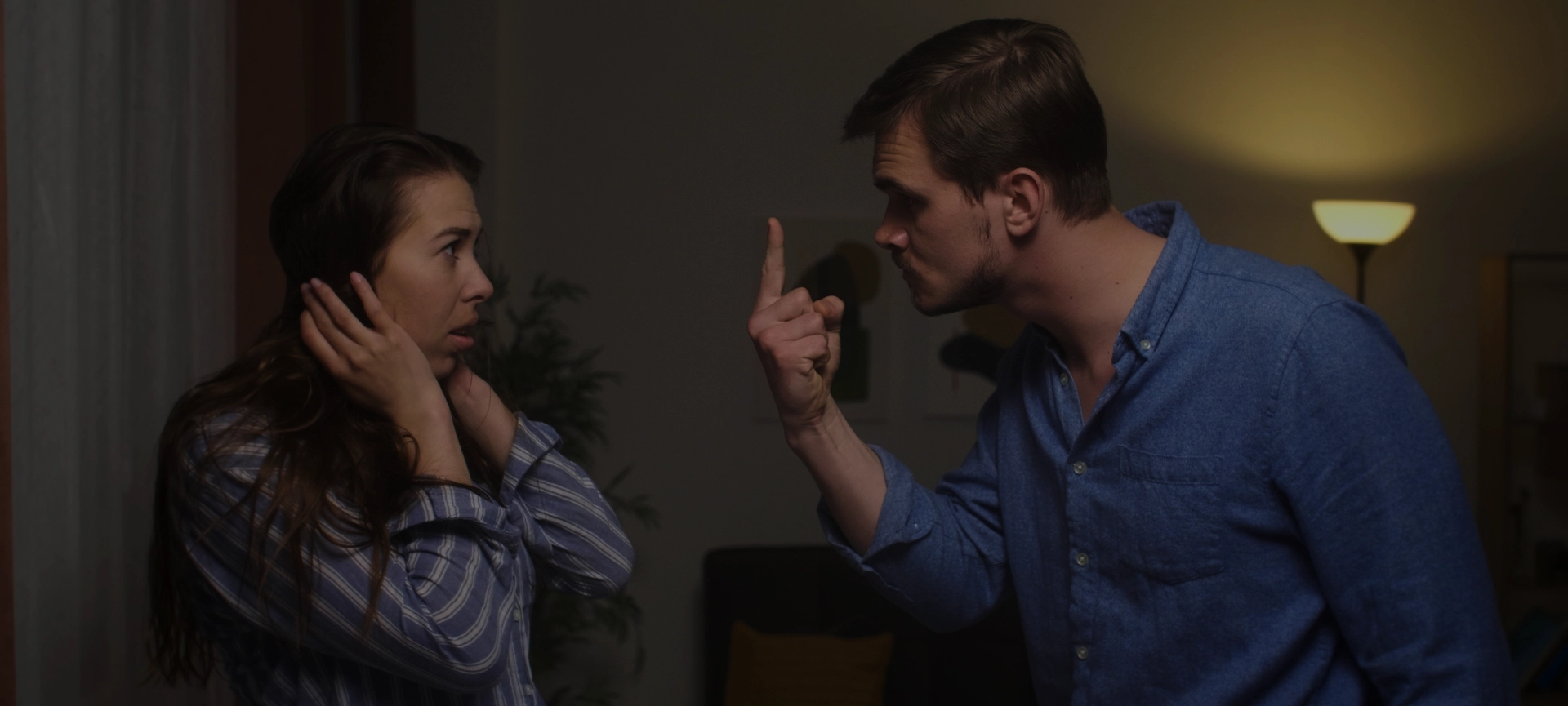The court of appeal has ruled evidence collected against an accused should be excluded if the police breached their Charter rights — regardless of whether the breach occurred before or after the evidence was collected.
In R. v. Pino, the Ontario Court of Appeal acquitted the accused after excluding the evidence collected before the Charter violations.
Howard Krongold, a partner at Abergel Goldstein & Partners LLP in Ottawa and counsel for Eneida Pino in the case, says the May 24 ruling is a further step towards a broad liberal approach to s. 24(2) of the Charter that the courts have traditionally taken.
“It’s been the law for a long time — that you don’t need to have a causal connection between a Charter breach and evidence — but it’s been at the very least uncertain whether you could have a case where the evidence comes first and the breach only materializes later,” says Krongold
[…]
“Frequently you have a conflict between what the accused says happened and what the police say happened. If the accused is able to show the police are being dishonest it’s very helpful to gain exclusion when you don’t have to also explain why they’re being dishonest.”
He’s not aware of any steps taken with respect to the officers involved in spite of the fact there was a “very clear finding by the judge that one of them in particular was less than truthful in his testimony in court under oath.”
On May 13, a similar appeal ruling came out in R. v. McGuffie, another Ottawa case that again saw evidence excluded following the police’s violation of an accused’s Charter rights and the trial judge “making mistakes,” says Krongold.
For Lacy, the appeal decisions in McGuffie and Pino are “a reminder that Charter jurisprudence is alive and well.”
“The Charter is going to be given a robust interpretation by the court as a check against improper state conduct.”
Read Mallory Hendry‘s full article: Canadian Lawyer



